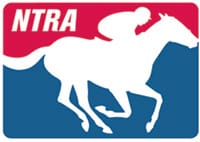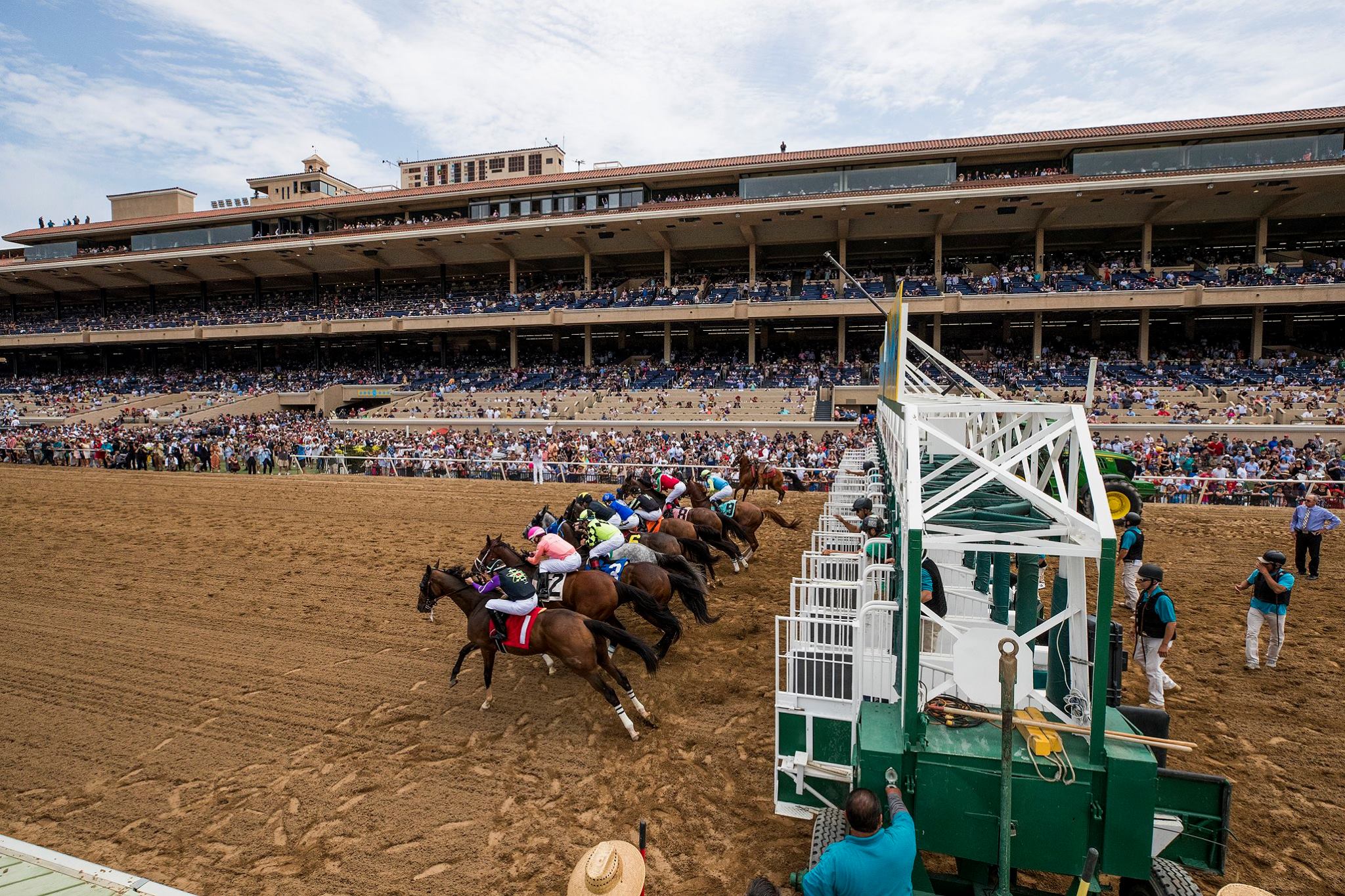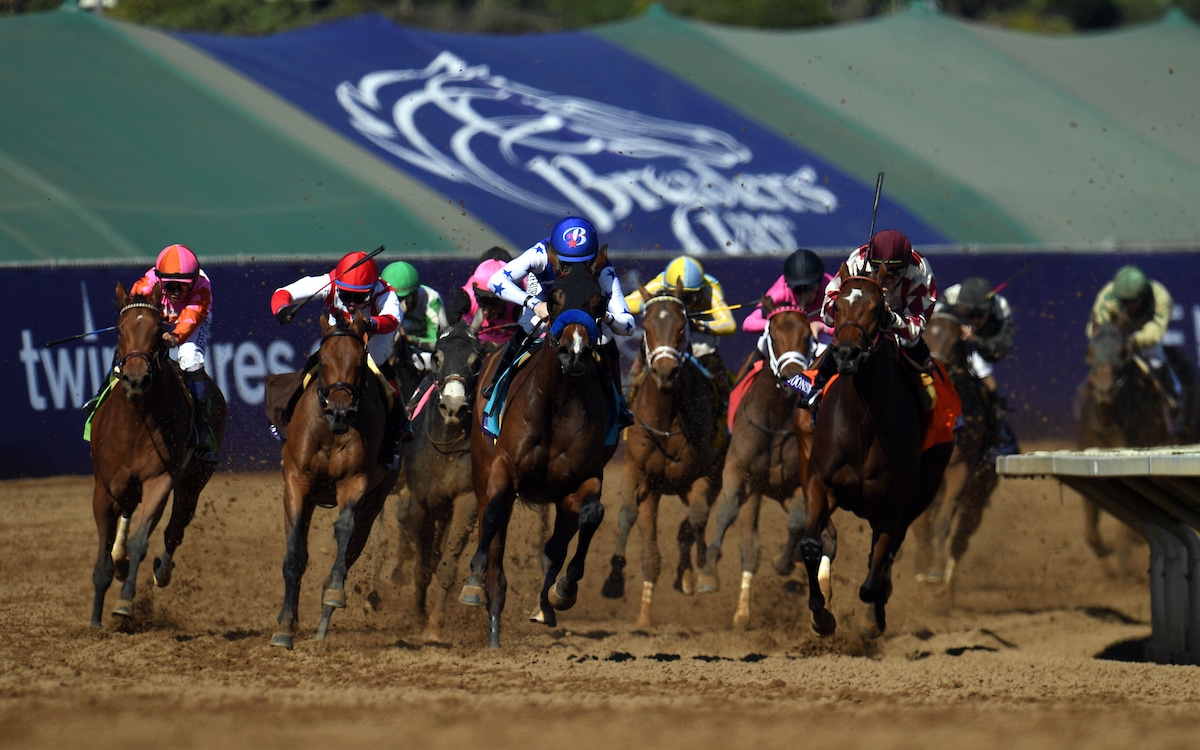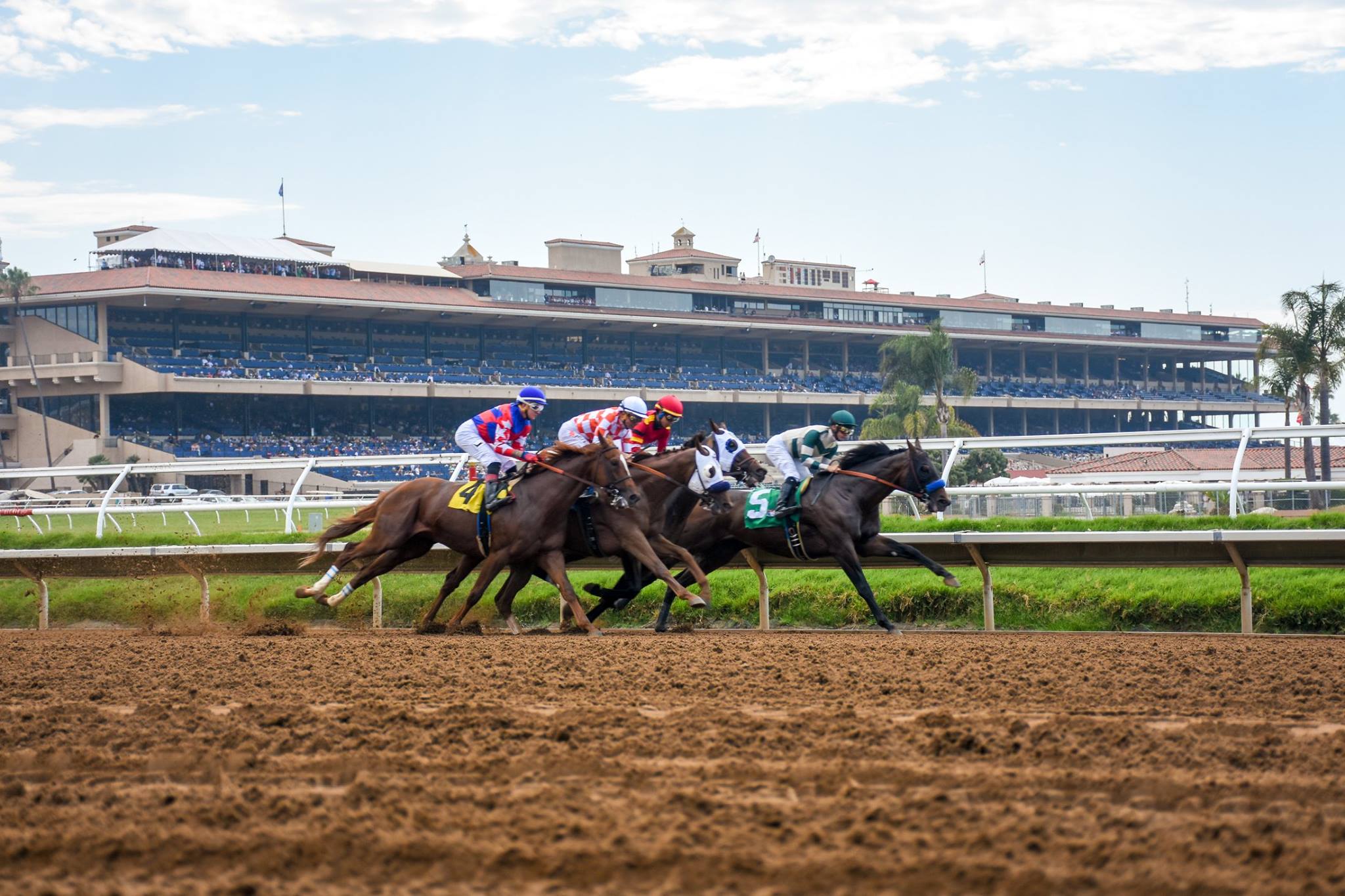
Here are eight tips for dominating the world of horse racing. (Photo credit:: © Cheryl Quigley – Dreamstime.com)
Do you want to emerge as a winner and take home a hefty chunk of change while getting the emotional satisfaction of seeing your horse wipe the tracks with the rest of the contenders? Then keep on reading the tips below. A single tip may not make much of a difference in your betting career, but use all of these in conjunction, and your odds of making the winning bet should dramatically improve as a result:
Preparation is the key to success
The old saying applies to horses as well. If the horse is in form (in other words, has a proven track record in recent times), chances are you’re placing your money on a winner.
Familiarize yourself with the handicapping rules
Handicapping is basically just a way to even things out for all the contenders. With experience, it’s possible to make an accurate assessment of every horse’s potential compared to the level of handicap applied, but until you’re confident enough to make your own calls, it’s best to go with the official system.
Know the odds
The first step towards making the odds work in your favor is to know them in the first place. Learn to treat them as a dynamic rather than a static entity, as they do tend to change all the time. For those who like their odds to be constant, try looking into horse racing and Sportsbet.io, as it’s much less stressful and takes less knowledge to pave your way to a royal payout.
The horse’s sweat pattern reveals a lot
A seemingly unimportant sweat pattern is more of an indicator than you might have imagined. A light sweat pattern is the optimum you need to be shooting for, as the animal displaying it is likely in good preparation.
Never bet on a whim
While it’s easy to get emotional while placing a bet, horse racing is an analyst’s territory. If you are a newcomer, choose carefully where you place your bets. The odds structures can be confusing to grasp at first. In the world of horse racing, betting on a dud is unlikely to yield success, no matter how much emotionally invested you are at the moment.
Avoid no-name trainers
The 80-20 rule applies to the world of horse racing as well. Did you know that the vast majority of the winning horses have an established trainer behind their success? Use this knowledge to your advantage!
Season plays a role too
Putting a performer/non-performer label on any given horse is one-dimensional thinking. Since some of them reach peak performance during a particular season (say, winter, for example), you’re much better off classifying them based on their seasonal performance.
Recent performances is an important indicator
Keep in mind that a single event may be a fluke, while two in succession is a clear pattern. To make an accurate assessment of the horse’s potential, analyzing the recent performances is a good way to base your predictions on.







